Home>Home Appliances>Laundry Appliances>How To Wash Towels In The Washing Machine
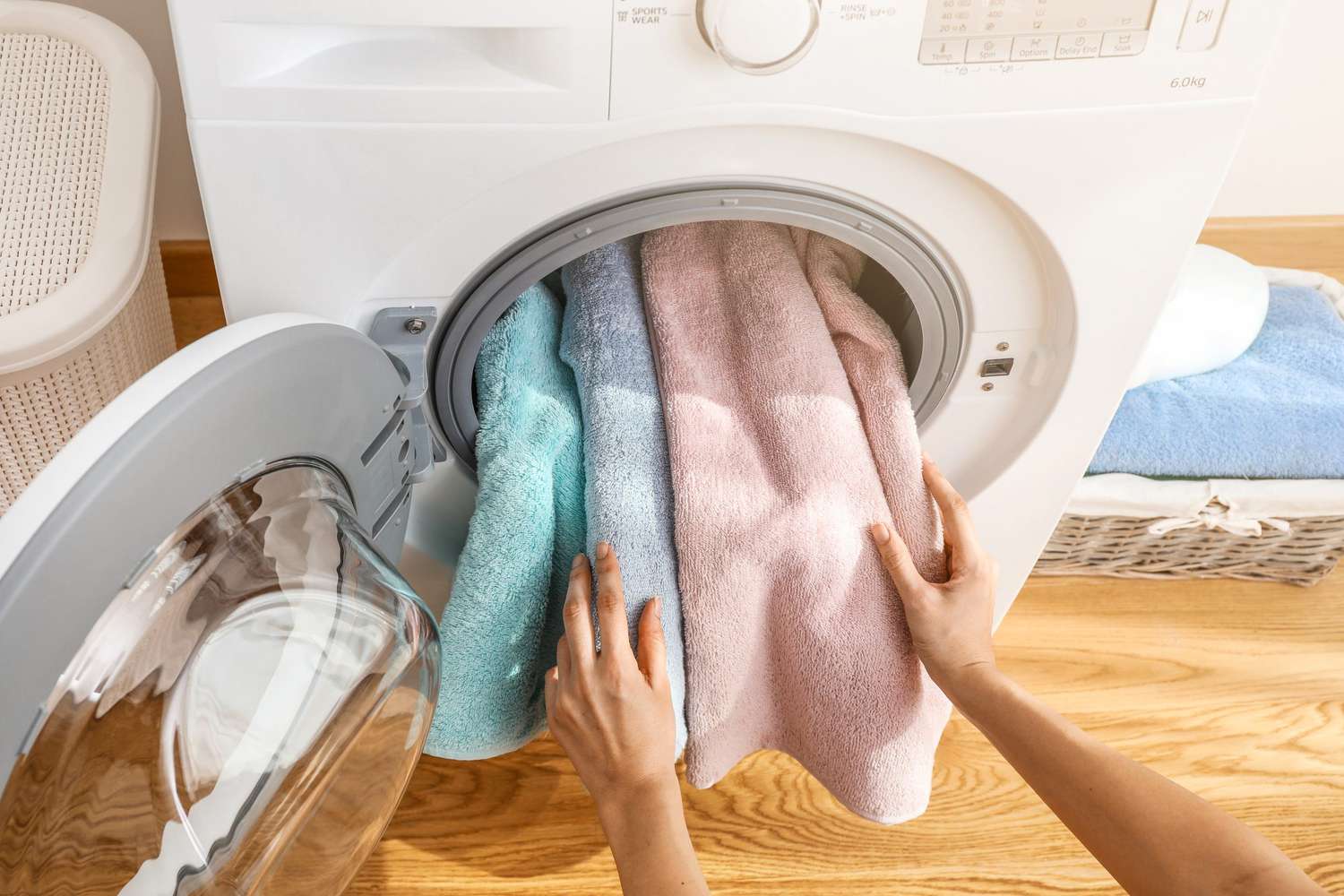

Laundry Appliances
How To Wash Towels In The Washing Machine
Modified: March 25, 2024
Learn the best way to wash towels in the washing machine with our expert laundry appliances tips. Keep your towels fresh and clean with our simple guide.
(Many of the links in this article redirect to a specific reviewed product. Your purchase of these products through affiliate links helps to generate commission for Storables.com, at no extra cost. Learn more)
Choosing the Right Detergent
Selecting the appropriate detergent is crucial for achieving clean and fresh-smelling towels. When it comes to washing towels in the washing machine, it's essential to choose a detergent that effectively removes dirt, oils, and odors while preserving the fabric's softness and absorbency.
Here are some key points to consider when choosing the right detergent for washing towels:
-
Detergent Type: Opt for a high-quality laundry detergent specifically formulated for cleaning towels and other linens. Look for detergents labeled as "for towels" or "for linens," as they are designed to address the unique cleaning needs of these items.
-
Fragrance-Free Options: If you or your family members have sensitive skin or allergies, consider using fragrance-free or hypoallergenic detergents. These options are gentle on the skin and reduce the risk of skin irritation caused by harsh fragrances or additives.
-
Stain-Fighting Formulas: For heavily soiled towels or those with stubborn stains, choose a detergent with powerful stain-fighting capabilities. Look for detergents that mention stain removal on the packaging, as they are formulated to tackle tough stains commonly found on towels.
-
Liquid vs. Powder: Both liquid and powder detergents are suitable for washing towels. Liquid detergents are convenient and effective at penetrating fabric fibers, while powder detergents are known for their stain-fighting properties. Consider your personal preference and washing machine requirements when deciding between the two.
-
Eco-Friendly Options: If you're environmentally conscious, consider using eco-friendly or biodegradable detergents. These options are formulated to minimize environmental impact while still delivering excellent cleaning results for your towels.
By carefully selecting the right detergent for your towels, you can ensure that they are thoroughly cleaned, free from odors, and maintain their softness and absorbency over time. Remember to follow the detergent manufacturer's guidelines regarding the recommended usage amount based on load size and water hardness to achieve optimal cleaning results.
Choosing the right detergent sets the foundation for a successful towel washing process, ultimately leading to fresh, clean, and luxuriously soft towels for everyday use.
Key Takeaways:
- Choose the right detergent for your towels to keep them clean and fresh. Look for options labeled “for towels” or “for linens” and consider fragrance-free, stain-fighting, and eco-friendly formulas to maintain softness and absorbency.
- Sort towels by color and fabric type before washing to prevent color bleeding and preserve the quality of each towel. Separate cotton, microfiber, and bamboo towels for optimal care and longevity.
Sorting Towels by Color and Fabric Type
When it comes to laundering towels, sorting them by color and fabric type is a crucial step that can help preserve their quality and appearance over time. Proper sorting not only prevents color bleeding and fading but also ensures that towels made from different fabrics receive the appropriate care during the washing process.
Separating by Color
Sorting towels by color is essential to prevent color transfer and maintain the vibrancy of each towel. It's recommended to separate light-colored towels from dark or vibrant ones to avoid potential color bleeding. By washing similar colors together, you can minimize the risk of lighter towels absorbing dyes from darker ones, which can lead to unsightly discoloration.
Categorizing by Fabric Type
In addition to sorting by color, it's equally important to categorize towels based on their fabric type. Towels are commonly made from cotton, microfiber, bamboo, or a blend of materials, each requiring specific care to maintain their quality and performance.
-
Cotton Towels: These towels are highly absorbent and durable, making them a popular choice for everyday use. When washing cotton towels, it's best to separate them from towels made of synthetic materials to prevent lint transfer and ensure thorough cleaning.
-
Microfiber Towels: Microfiber towels are known for their exceptional softness and ability to trap dirt and moisture effectively. To maintain their unique properties, it's advisable to wash microfiber towels separately from other fabric types, as they can attract lint and may require a gentler washing cycle.
-
Bamboo Towels: Towels made from bamboo fibers are prized for their natural antibacterial properties and luxurious softness. When laundering bamboo towels, it's important to keep them separate from cotton or synthetic towels to prevent potential pilling and maintain their plush texture.
By sorting towels based on their fabric type, you can ensure that each towel receives the appropriate care and attention during the washing process, ultimately prolonging their lifespan and preserving their quality.
The Importance of Sorting
In summary, sorting towels by color and fabric type is a simple yet effective practice that can significantly impact the longevity and appearance of your towels. By taking the time to separate towels before washing, you can prevent color mishaps, minimize fabric damage, and maintain the overall integrity of your towel collection. This thoughtful approach to sorting not only safeguards the visual appeal of your towels but also contributes to their continued softness, absorbency, and durability.
Properly sorted towels lead to a more efficient and effective laundering process, ensuring that each towel emerges from the washing machine looking and feeling its best.
Read more: How To Refresh Towels In A Front Load Washer
Setting the Correct Water Temperature
The water temperature selected for washing towels plays a pivotal role in ensuring effective cleaning while preserving the fabric's integrity. Different water temperatures offer distinct benefits and are suitable for specific towel types and cleaning requirements. Understanding the significance of water temperature and its impact on the laundering process is essential for maintaining the quality and longevity of your towels.
Warm Water for Everyday Cleaning
Warm water, typically ranging from 90°F to 110°F (32°C to 43°C), is well-suited for regular towel maintenance. This moderate temperature effectively dissolves detergent, facilitates soil removal, and helps prevent excessive shrinking or damage to the fabric. When washing everyday towels used for hand drying or bathing, opting for warm water can effectively eliminate oils, dirt, and residual body products, ensuring that the towels remain fresh, clean, and ready for reuse.
Hot Water for Deep Cleaning
In cases where towels are heavily soiled, such as after outdoor activities or intense physical workouts, utilizing hot water between 130°F to 140°F (54°C to 60°C) can provide a thorough and deep cleaning experience. Hot water is effective in killing bacteria, germs, and potential allergens that may be present in the towels, making it an ideal choice for maintaining hygiene and cleanliness. However, it's important to note that hot water may cause cotton towels to shrink and can potentially fade vibrant colors, so it's best reserved for occasional deep cleaning rather than regular use.
Cold Water for Delicate Fabrics
For delicate or brightly colored towels, cold water, typically around 80°F (27°C), offers a gentle yet effective cleaning solution. Cold water helps prevent color bleeding and minimizes the risk of fabric damage, making it suitable for preserving the vibrancy and softness of towels made from sensitive materials. Additionally, cold water is energy-efficient and can contribute to reducing utility costs, making it an eco-friendly choice for laundering towels without compromising on cleanliness.
Considerations for Fabric Types
When selecting the appropriate water temperature, it's essential to consider the specific fabric type of the towels being washed. While cotton towels can withstand warmer temperatures, microfiber and bamboo towels may require cooler water to maintain their unique properties and prevent damage. By aligning the water temperature with the fabric's care requirements, you can ensure that each towel receives the optimal cleaning conditions, promoting longevity and performance.
In summary, setting the correct water temperature is a fundamental aspect of washing towels in the machine. By understanding the distinct advantages of warm, hot, and cold water and considering the fabric type, you can tailor the laundering process to meet the specific needs of your towels, ultimately preserving their quality and ensuring a thorough and effective cleaning experience.
Adding Vinegar or Baking Soda for Odor Removal
When it comes to maintaining fresh and odor-free towels, incorporating vinegar or baking soda into the washing process can be a game-changer. These natural and cost-effective ingredients offer powerful odor-eliminating properties, making them valuable additions to your laundry routine.
Vinegar: A Natural Deodorizer
Vinegar, particularly white distilled vinegar, is renowned for its ability to neutralize and eliminate unpleasant odors. When used in the washing machine, vinegar works to break down residual detergent and fabric softener buildup, effectively removing musty smells and mildew odors that may linger in towels. Additionally, vinegar's acidic nature helps to dissolve mineral deposits and soap scum, contributing to fresher and more absorbent towels.
To incorporate vinegar into the washing process, simply add half a cup to one cup of white vinegar to the fabric softener dispenser or directly into the washing machine during the rinse cycle. This allows the vinegar to penetrate the fabric, combat odors, and restore the towels' freshness without leaving behind any lingering vinegar scent.
Baking Soda: A Natural Deodorizer and Stain Remover
Baking soda, also known as sodium bicarbonate, is a versatile household staple with remarkable deodorizing and stain-fighting capabilities. When used in conjunction with detergent, baking soda helps to neutralize odors, lift stains, and brighten towels, resulting in a revitalized and odor-free outcome.
To utilize baking soda for odor removal, simply add half a cup to one cup of baking soda directly into the washing machine along with the detergent. This allows the baking soda to penetrate the fabric fibers, effectively absorbing and neutralizing any lingering odors while enhancing the overall cleanliness of the towels.
Read more: Why Is My Washing Machine Tearing My Towels
Benefits of Natural Odor Removers
In addition to their odor-eliminating properties, both vinegar and baking soda offer eco-friendly and gentle alternatives to commercial fabric refreshers and deodorizers. They are free from harsh chemicals and artificial fragrances, making them suitable for individuals with sensitive skin or allergies. Furthermore, incorporating these natural ingredients into the laundry routine can help maintain the towels' absorbency, softness, and overall quality without compromising on effectiveness.
By harnessing the natural deodorizing power of vinegar and baking soda, you can effectively combat musty odors, mildew smells, and general towel funkiness, ensuring that your towels emerge from the washing machine smelling fresh, clean, and ready for use.
Incorporating vinegar or baking soda into the washing process offers a simple yet impactful solution for maintaining odor-free towels, providing a natural and budget-friendly approach to achieving long-lasting freshness and cleanliness.
Selecting the Appropriate Wash Cycle
Choosing the right wash cycle is a critical step in ensuring that your towels are thoroughly cleaned while preserving their quality and longevity. Modern washing machines offer a variety of wash cycles, each designed to address specific cleaning needs and fabric care requirements. By understanding the available wash cycle options and their respective benefits, you can tailor the laundering process to suit the unique characteristics of your towels.
Regular/Normal Cycle
The regular or normal wash cycle is suitable for everyday towel maintenance. This cycle provides a balanced combination of agitation, soaking, and rinsing, effectively removing dirt, oils, and residual body products from the towels. It is a versatile option for maintaining the cleanliness and freshness of towels used for hand drying, bathing, or general household purposes.
Delicate/Gentle Cycle
For more delicate towels or those with embellishments, the delicate or gentle wash cycle offers a mild and cautious approach to cleaning. This cycle minimizes agitation and utilizes slower spin speeds, reducing the risk of damage to sensitive fabrics or decorative elements. It is ideal for washing decorative or embroidered towels, as well as those made from finer materials such as bamboo or microfiber.
Read more: How To Reset A Washer
Heavy-Duty Cycle
When faced with heavily soiled towels or those used in demanding environments, such as gyms or sports facilities, the heavy-duty wash cycle provides a robust and thorough cleaning solution. This cycle incorporates extended wash times, vigorous agitation, and powerful rinsing, effectively tackling stubborn stains, odors, and deep-seated dirt. It is a suitable option for periodic deep cleaning to maintain the hygiene and freshness of heavily used towels.
Quick Wash Cycle
The quick wash cycle is designed for situations where time is of the essence. This accelerated cycle delivers a rapid yet efficient cleaning process, making it ideal for lightly soiled towels that require a quick refresh. While the quick wash cycle may not provide the same level of thorough cleaning as other cycles, it offers a convenient solution for maintaining lightly used towels between regular washes.
Towel-Specific Cycle
Some advanced washing machines feature a dedicated towel or bedding cycle, specifically tailored to address the unique cleaning needs of towels. These specialized cycles often incorporate optimized agitation patterns, extended soaking periods, and customized spin speeds to ensure that towels are thoroughly cleaned while minimizing wear and tear. If your washing machine offers a towel-specific cycle, leveraging this option can help maintain the absorbency, softness, and overall quality of your towels.
By selecting the appropriate wash cycle based on your specific towel care requirements, you can optimize the cleaning process, preserve the fabric's integrity, and ensure that your towels emerge from the washing machine fresh, clean, and ready for use. Understanding the distinct features and benefits of each wash cycle empowers you to make informed decisions that contribute to the long-term maintenance of your towel collection.
Drying Towels Properly
Properly drying towels is essential to maintain their softness, absorbency, and overall quality. After the washing cycle, it's crucial to employ effective drying techniques to ensure that the towels emerge fresh, fluffy, and ready for use. Here are some key considerations for drying towels properly:
Read more: Kenmore Washer How To Use
Shake Out Excess Moisture
Before transferring the towels to the dryer, gently shake them out to remove excess moisture. This simple step helps to prevent the towels from clumping together during the drying process, allowing for more even air circulation and efficient drying.
Select the Appropriate Drying Temperature
When using a dryer, it's important to choose the right drying temperature based on the towel fabric type and care instructions. For cotton towels, a medium to high heat setting is suitable for achieving thorough drying, while delicate towels, such as those made from microfiber or bamboo, may require a lower heat setting to prevent damage to the fibers.
Avoid Overcrowding the Dryer
To ensure that the towels dry effectively, avoid overcrowding the dryer. Overloading the dryer can lead to uneven drying and prolonged drying times. It's best to leave ample space for the towels to tumble freely, allowing hot air to circulate and penetrate the fabric for optimal drying results.
Utilize Dryer Balls or Tennis Balls
Adding dryer balls or clean tennis balls to the dryer can help fluff up the towels and prevent them from becoming stiff or matted during the drying process. These items work by agitating the towels as they tumble, promoting better airflow and enhancing the overall fluffiness of the towels.
Read more: How To Start The Washing Machine
Check for Dryness and Avoid Overdrying
Periodically check the towels for dryness during the drying cycle to prevent overdrying, which can lead to stiff and rough towels. Remove the towels from the dryer as soon as they are fully dry to maintain their softness and prevent unnecessary wear on the fabric.
Consider Line Drying for Delicate Towels
For delicate or specialty towels, such as decorative or embroidered ones, consider line drying them to preserve their intricate details and prevent potential damage from the heat of the dryer. Line drying also offers a natural and energy-efficient alternative for drying towels, particularly in sunny or breezy weather.
By following these guidelines for drying towels properly, you can ensure that your towels maintain their plushness, absorbency, and overall quality. Implementing these techniques contributes to the longevity of your towels, allowing you to enjoy fresh, soft, and inviting towels with each use.
Frequently Asked Questions about How To Wash Towels In The Washing Machine
Was this page helpful?
At Storables.com, we guarantee accurate and reliable information. Our content, validated by Expert Board Contributors, is crafted following stringent Editorial Policies. We're committed to providing you with well-researched, expert-backed insights for all your informational needs.
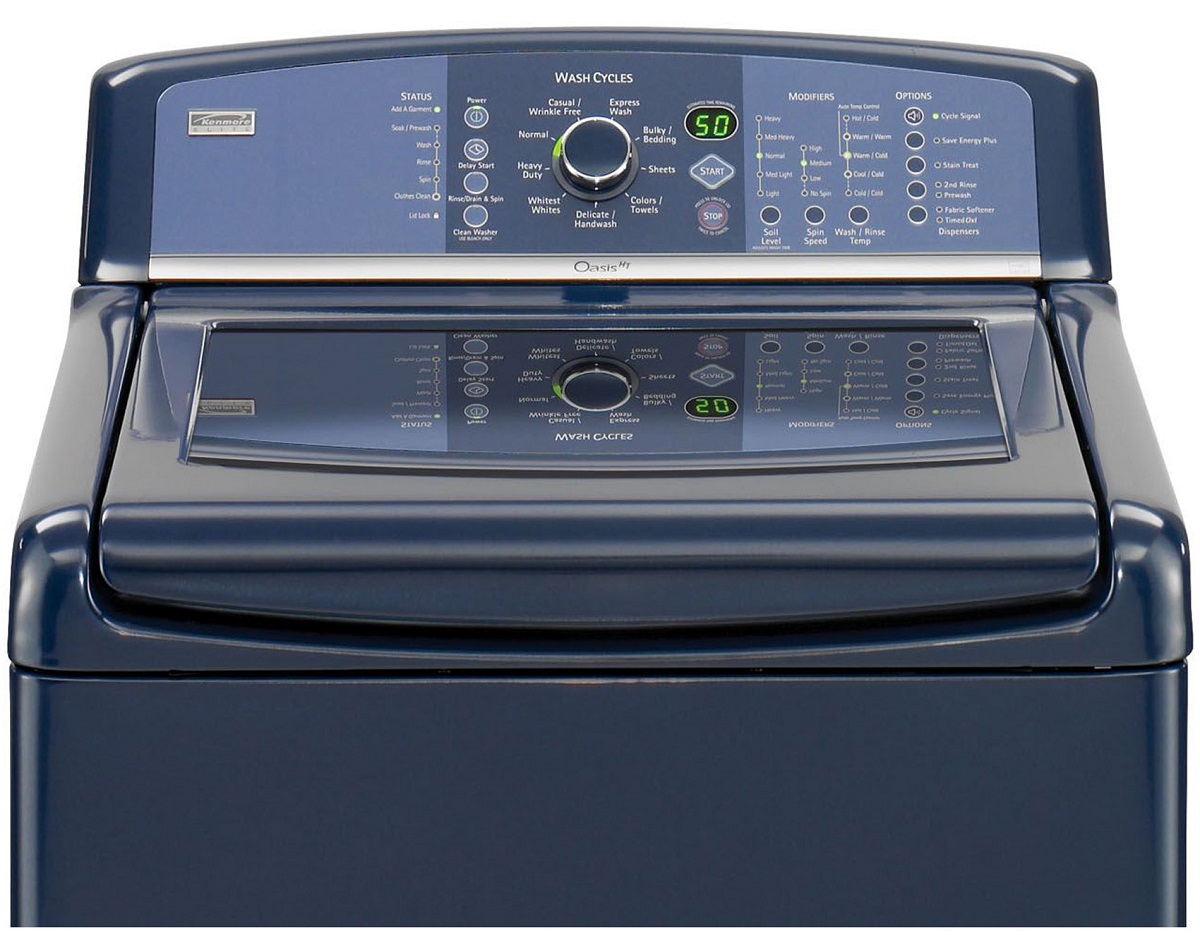
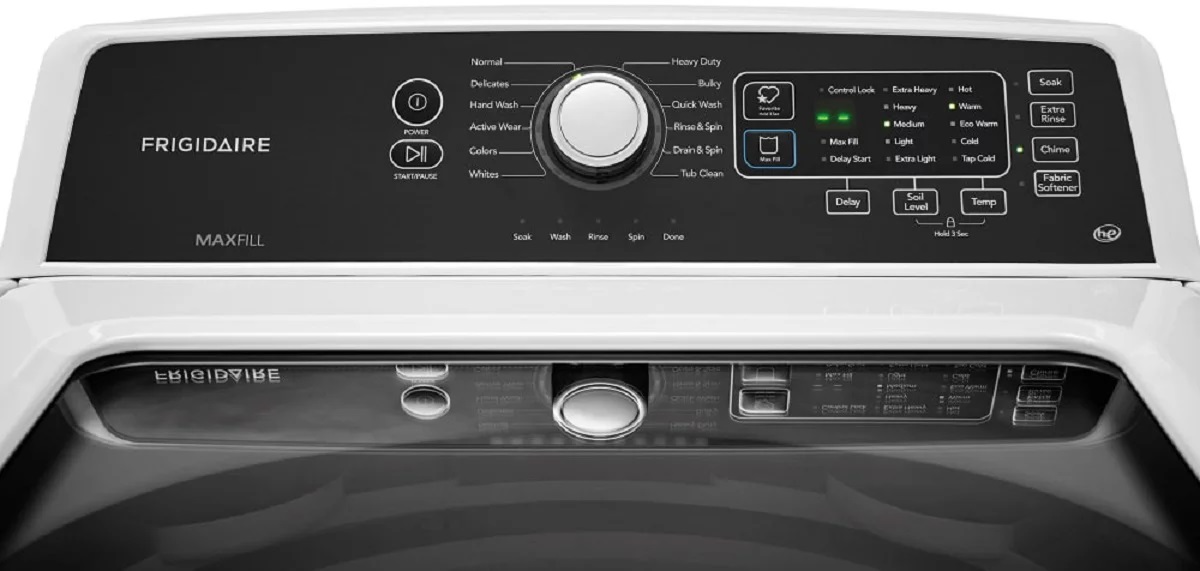

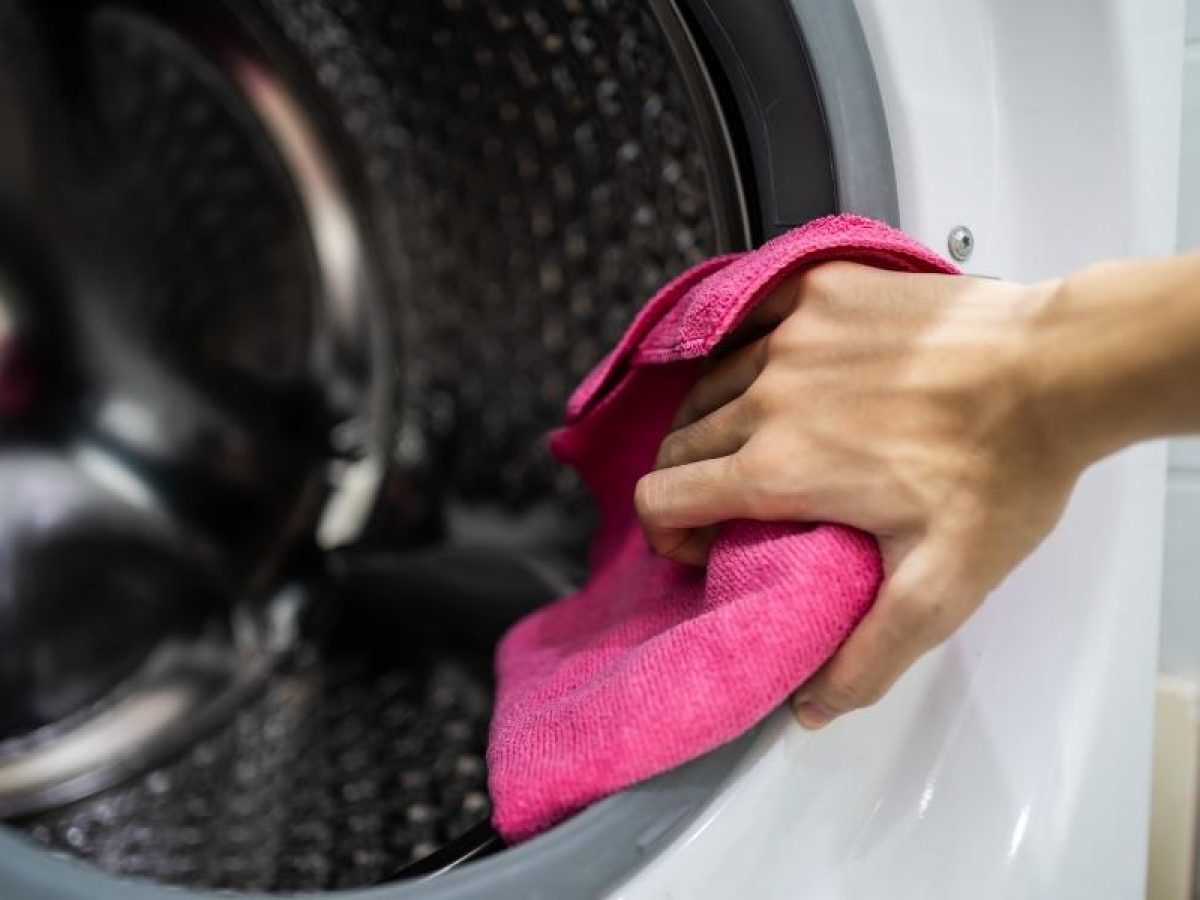
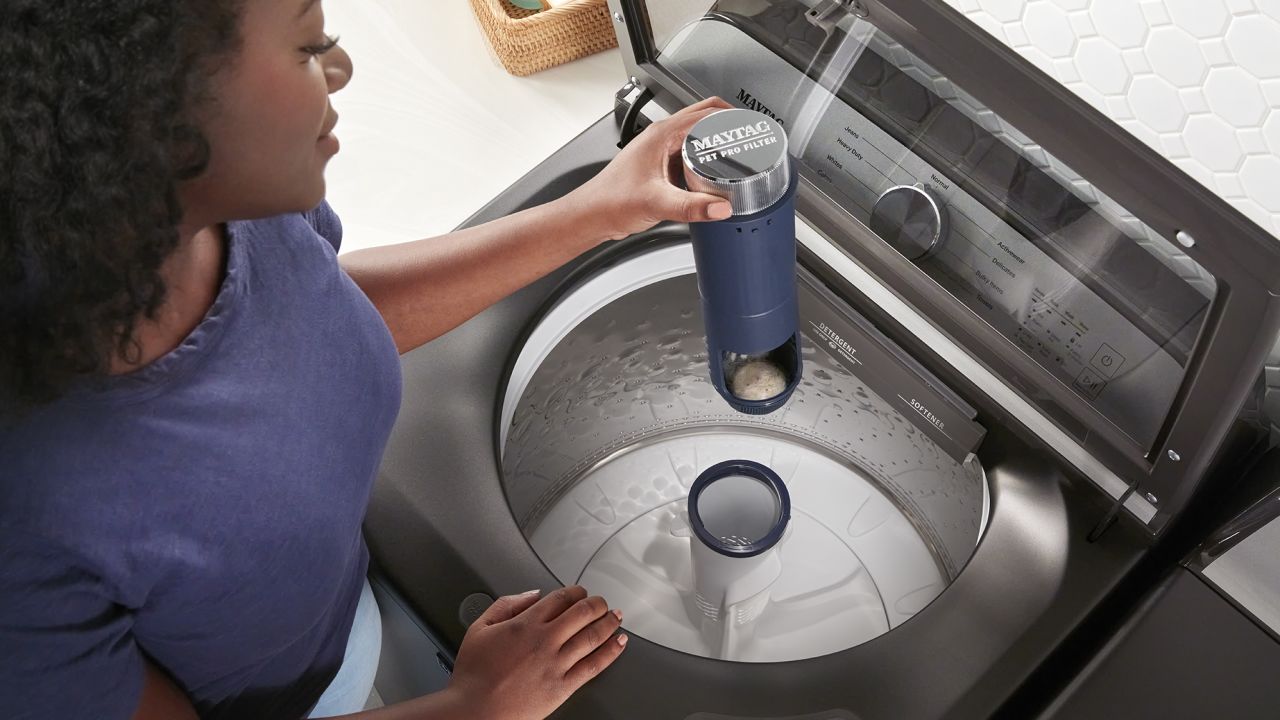
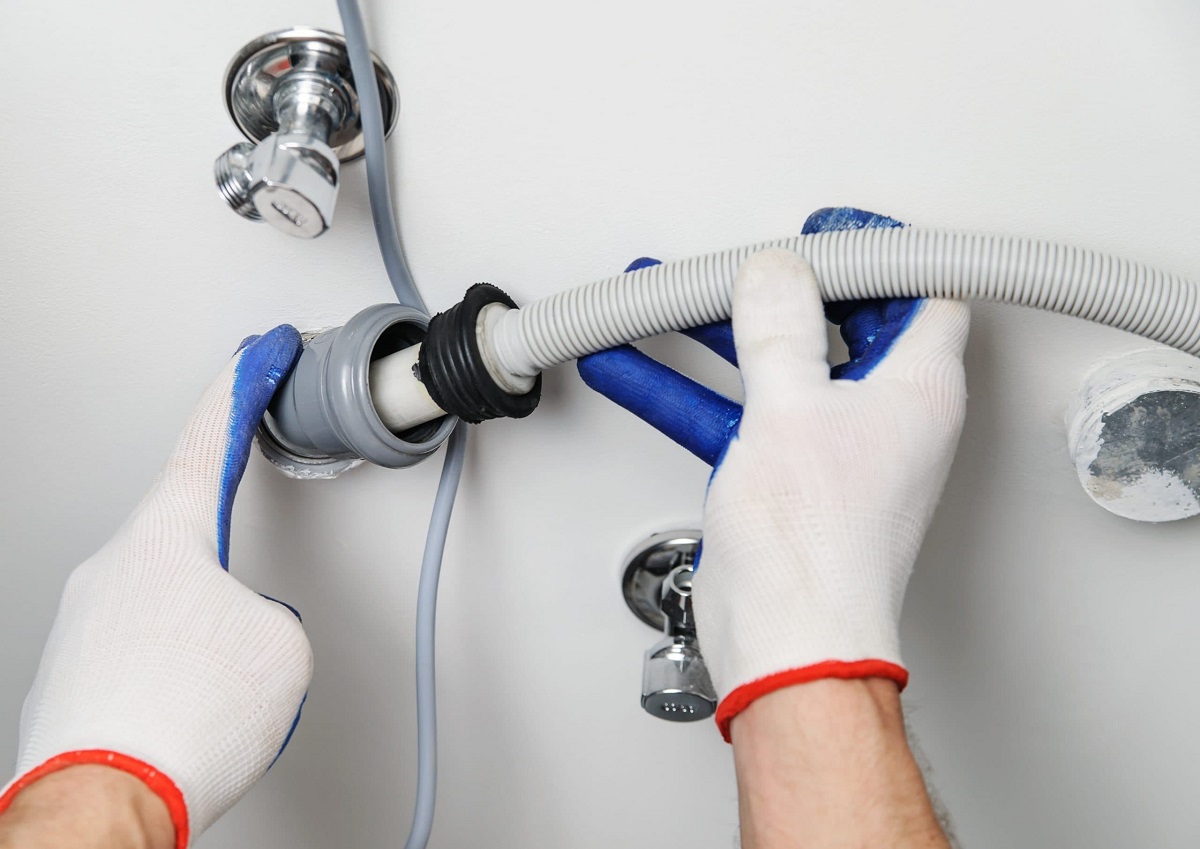
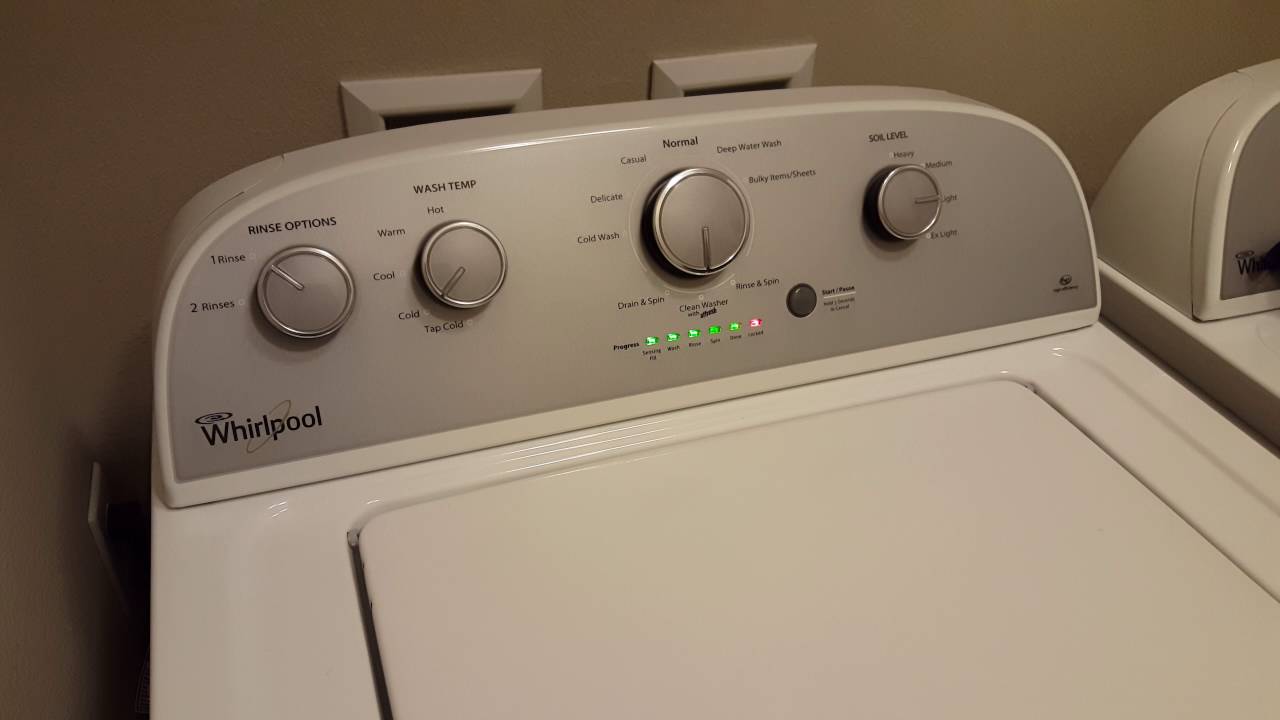
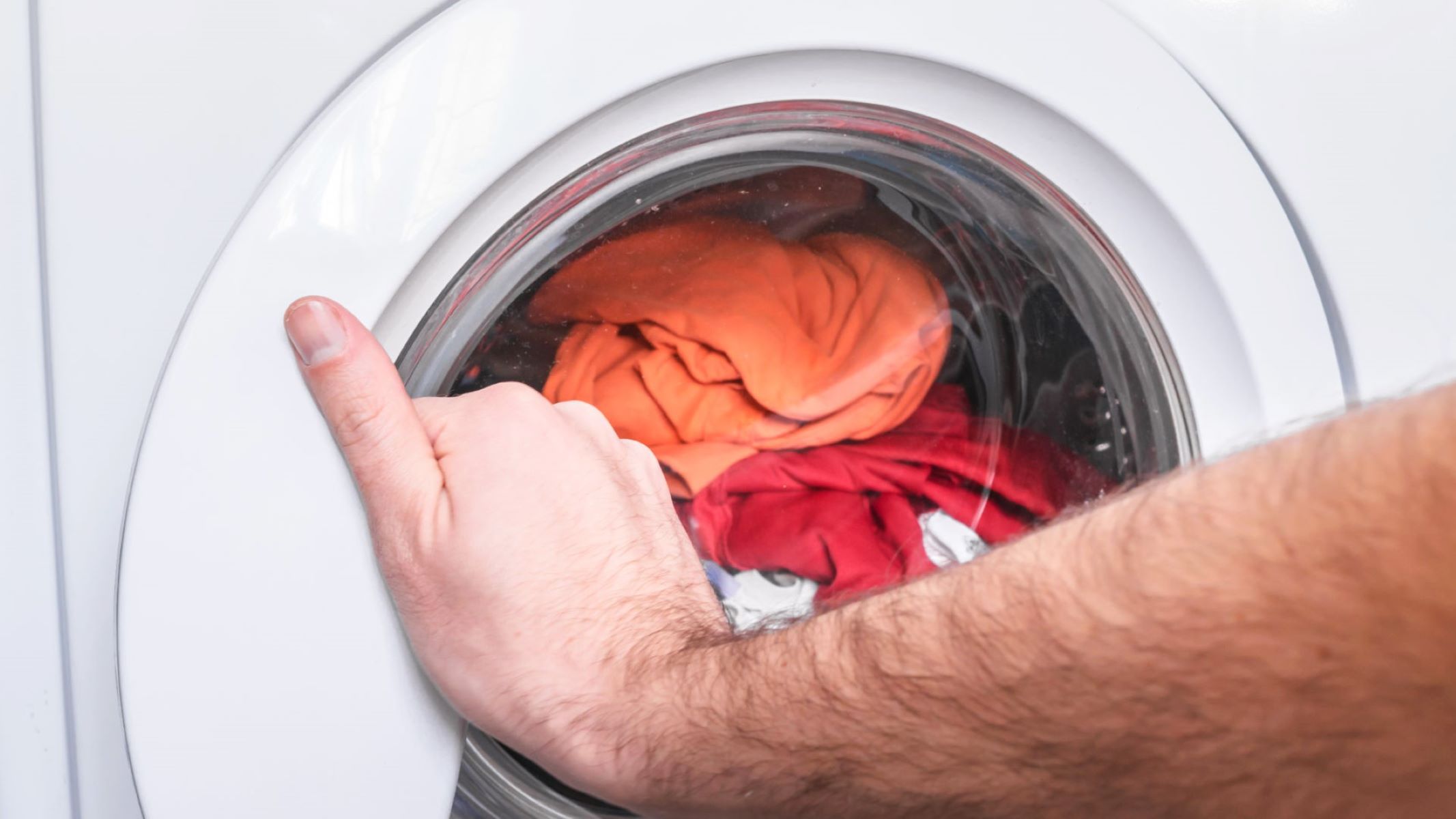
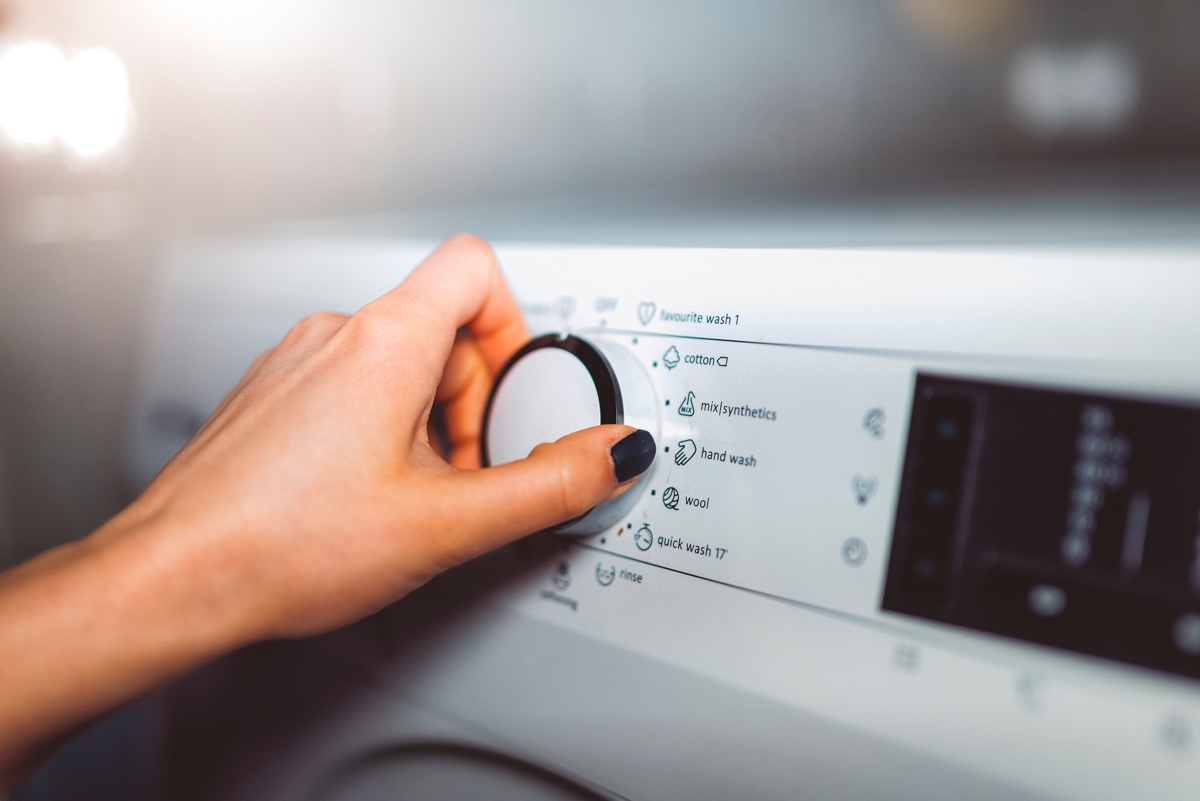

0 thoughts on “How To Wash Towels In The Washing Machine”